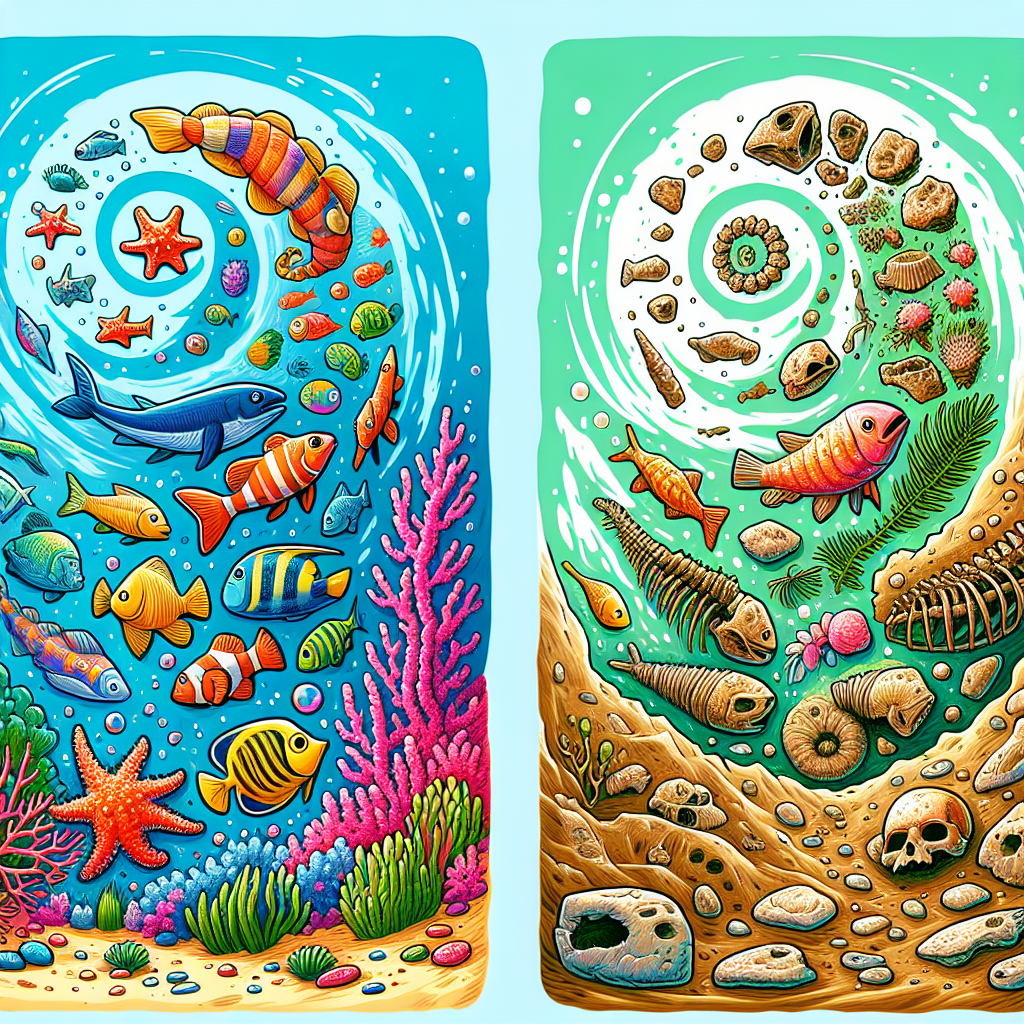26th August 2025
Recent scientific discoveries have unveiled fascinating insights about coastal living benefits and prehistoric life, while breakthrough medical advances promise to revolutionize organ transplants.
Living near the ocean could be the key to a longer life, according to new research from The Ohio State University. The study found that people residing within approximately 30 miles of coastlines generally experience higher life expectancy compared to inland residents. While the pleasant ocean breeze might be enjoyable, researchers suggest there may be more substantial health benefits at play. Interestingly, living near large lakes or rivers in urban areas doesn't appear to offer the same advantages.
In paleontological news, Japanese scientists have made a remarkable discovery in Okayama Prefecture. A 220-million-year-old ichthyosaur fossil, dating back to the Late Triassic period, has been unearthed in western Japan. This unprecedented find, led by Professor Takafumi Kato and his team, represents the first late Triassic ichthyosaur discovered in Japan, offering new insights into prehistoric marine life.
Space exploration continues to yield fascinating results, with researchers examining the asteroid Bennu finding dust particles older than our solar system itself. This celestial body serves as a time capsule, containing materials from outer space that predate the formation of planets. The study of Bennu could provide crucial information about Earth's origins and the emergence of life itself.
In medical advancement news, scientists have achieved a groundbreaking milestone by successfully transplanting a pig lung into a human body. This development could potentially address the critical shortage of human donor organs, particularly lungs. The successful procedure demonstrates the viability of using animal organs in human transplants, potentially saving countless lives in the future.
The space sector remains active, with SpaceX's Dragon cargo capsule recently delivering 5,000 pounds of supplies to the International Space Station. The shipment included vital scientific experiments, food, and other necessities for the astronauts, supporting ongoing research in the unique environment of space.
In technology news, researchers have developed an innovative method to capture and repurpose wasted energy in electronic devices. By harnessing the energy lost as spin during operation, this breakthrough could lead to more efficient AI chips and longer-lasting electronic devices, potentially revolutionizing how our everyday technology functions.
These diverse scientific advances continue to push the boundaries of human knowledge, from understanding the benefits of our immediate environment to unlocking the secrets of prehistoric life and advancing medical capabilities.
This article is based on today's episode of KidsNewsFlash, a daily news podcast for kids and families. Listen on Apple Podcasts, Spotify, or wherever you get your podcasts!

